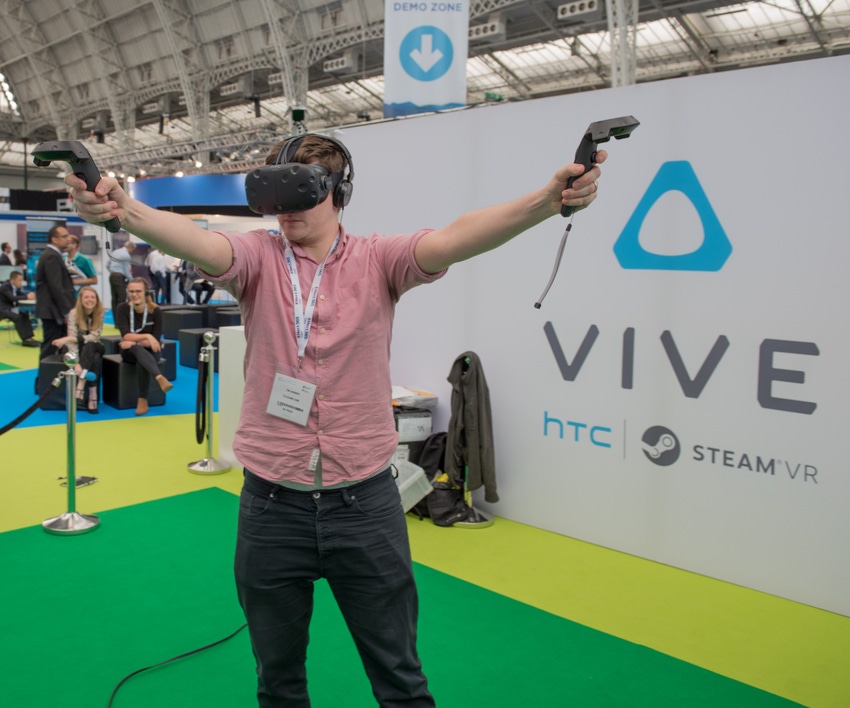HTC has delivered another quarter of negative performance as the company reported a y-o-y decline of roughly 44% on quarterly revenues of $598 million, though virtual reality is making a positive impact in its early days.
August 3, 2016

HTC has delivered another quarter of negative performance as the company reported a y-o-y decline of roughly 44% on quarterly revenues of $598 million, though virtual reality is making a positive impact in its early days.
Although the company has made improvement sequentially, there is little to cover up a loss of $133 million across the quarter. The period casts further shadows on the business as it continues its slow decline, almost unrecognizable from the company which existed in 2011. During April 2011, HTC share price reached an all-time high of NT$1,300, fast forward five years and the company is now trading at NT$97.90 (at the time of writing) after hitting a low of NT$44.50.
The company first reported a quarterly loss in October 2013, though the company would appear to have been feeling the pressure through the quarters before that as the share price slowly declined. Since that point the team has struggling to re-establish momentum as the more competitive smartphone market took its toll.
Although the company has been declining, there is hope moving forward. HTC’s new flagship, the HTC 10, has been generally well received by critics around the industry, and combined with the new virtual reality segment, revenues were boosted 27% sequentially. The company is still a long way from its peak but it is a move in the right direction.
During the earnings call, Chialin Chang, President of Smartphone & Connected Device and CFO Peter Shen, were not particularly open to sharing forecasts or specifics on growth, seemingly opting for a more cautious approach. What was made clear is VR will play a strong role in the fortunes of the business moving forward, though this does not mean the team will be giving up on the smartphone market.
“I do want to emphasise that we’re not down playing smartphone and focus on the VR only,” said Chang. “I think we do have a great position in the beginning of the VR ecosystem; we want to capitalize on that eco-system.”
“At the end of the day you are going to have mobility, virtual reality, augment reality all combined together. So we think with their expertise and in multiple areas it will position us in a good position in the future, that’s number one.
Could virtual reality save HTC from decline?
Hmmm - Vive is good, but the VR market isn't big enough (53%, 23 Votes)
No - Vive doesn't match up to rivals (26%, 11 Votes)
Yes - VR is the next big thing (21%, 9 Votes)
Total Voters: 43
“Number two, I won’t emphasis as we talk about it also in shareholder meeting, one we create a 100% HTC owned company and on the VR business, the purpose is doing that actually two bolt, one as we said, we said it in the shareholder meeting, we want to sort of position HTC well in that eco-system, we are not just a hardware provider and in the future, in the growth eco-system we need partners, all sort of partnerships that need to be raised.”
Although the Vive product has received a positive reception in the first few months of VR becoming a commercial reality for the industry, HTC are likely to come across similar stiff competition as witnessed in the global smartphone market. Cash-rich Facebook are continuing to invest heavily in Oculus, Sony has been making solid progress and already has an established, loyal customer base, and not forgetting internet giant Google also sniffing around.
VR has the potential to be a lucrative segment, though HTC are likely to see similar competition in the smartphone industry, but will a smaller number of customers available. One aspect which could be a challenge moving forward is a lack of direction. When asked where the company will focus, B2C or B2B offerings, Chang replied both. In a competitive market a lack of specialization could risk leading to a brand which has the potential to appeal to everyone, but in practice appeals to no-one.
About the Author(s)
You May Also Like








.png?width=300&auto=webp&quality=80&disable=upscale)


_1.jpg?width=300&auto=webp&quality=80&disable=upscale)


.png?width=800&auto=webp&quality=80&disable=upscale)